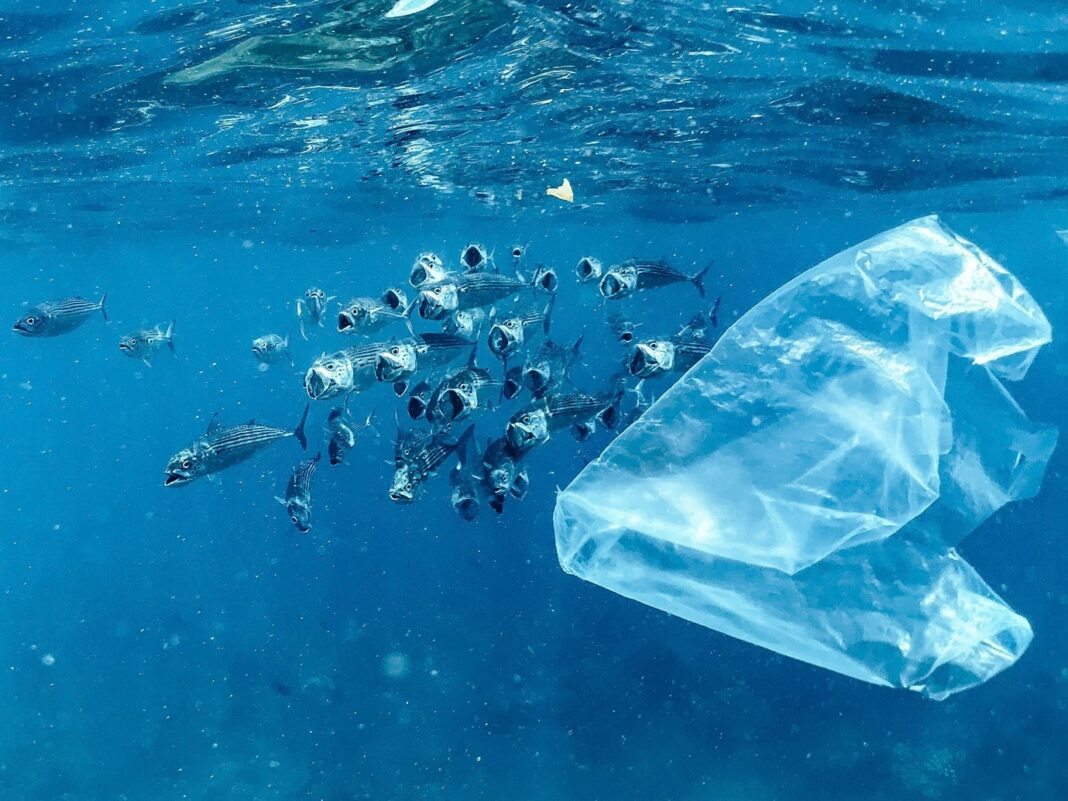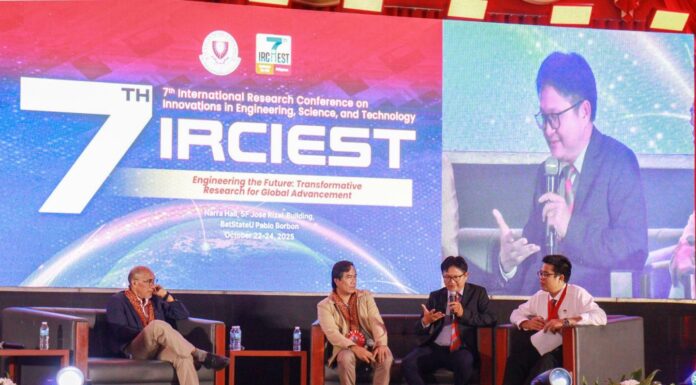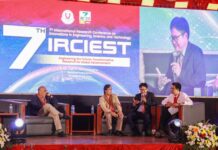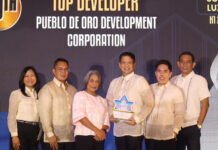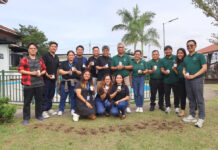SALVADOR, Brazil — LEADERS and experts from 15 countries have gathered in Salvador, Brazil, for the first-ever Plastic Reboot Annual Conference, a global effort to fast-track circular solutions and curb plastic pollution.
Hosted by the Government of Brazil with support from the Global Environment Facility (GEF), the UN Environment Programme (UNEP), and the World Wide Fund for Nature (WWF), the event marks a milestone for the USD 108 million Plastic Reboot Programme, which tackles plastic waste from production to disposal.
Plastic pollution has become one of the world’s most urgent environmental threats. Studies show that adopting circular, life-cycle approaches could save governments USD 70 billion in waste management costs and avoid USD 4.5 trillion in social and environmental damages by 2040.
Over three days, government officials, private sector leaders, and environmental advocates will exchange ideas and showcase innovations that promote sustainability—particularly in the food, beverage, and tourism sectors, which account for over one-third of global plastic production.
“This conference marks a pivotal moment in our collective fight against plastic pollution,” said Carlos Manuel Rodríguez, GEF CEO and Chairperson. “We’re rethinking—and rebooting—how plastics are produced, consumed, and managed worldwide.”
The Plastic Reboot Programme helps countries design policies that encourage reuse and recyclability, including Extended Producer Responsibility (EPR) measures that hold manufacturers accountable for plastic waste.
“Now is the time to turn knowledge into meaningful action,” added Inger Andersen, UNEP Executive Director. “Plastic Reboot shows what’s possible when nations work together to transform our relationship with plastics.”
Participating countries include Brazil, the Philippines, India, Morocco, Nigeria, and Costa Rica—each taking concrete steps toward a future where plastics are part of a circular, sustainable economy.| – BNN Integrated News / TheMetroTimes.ph


